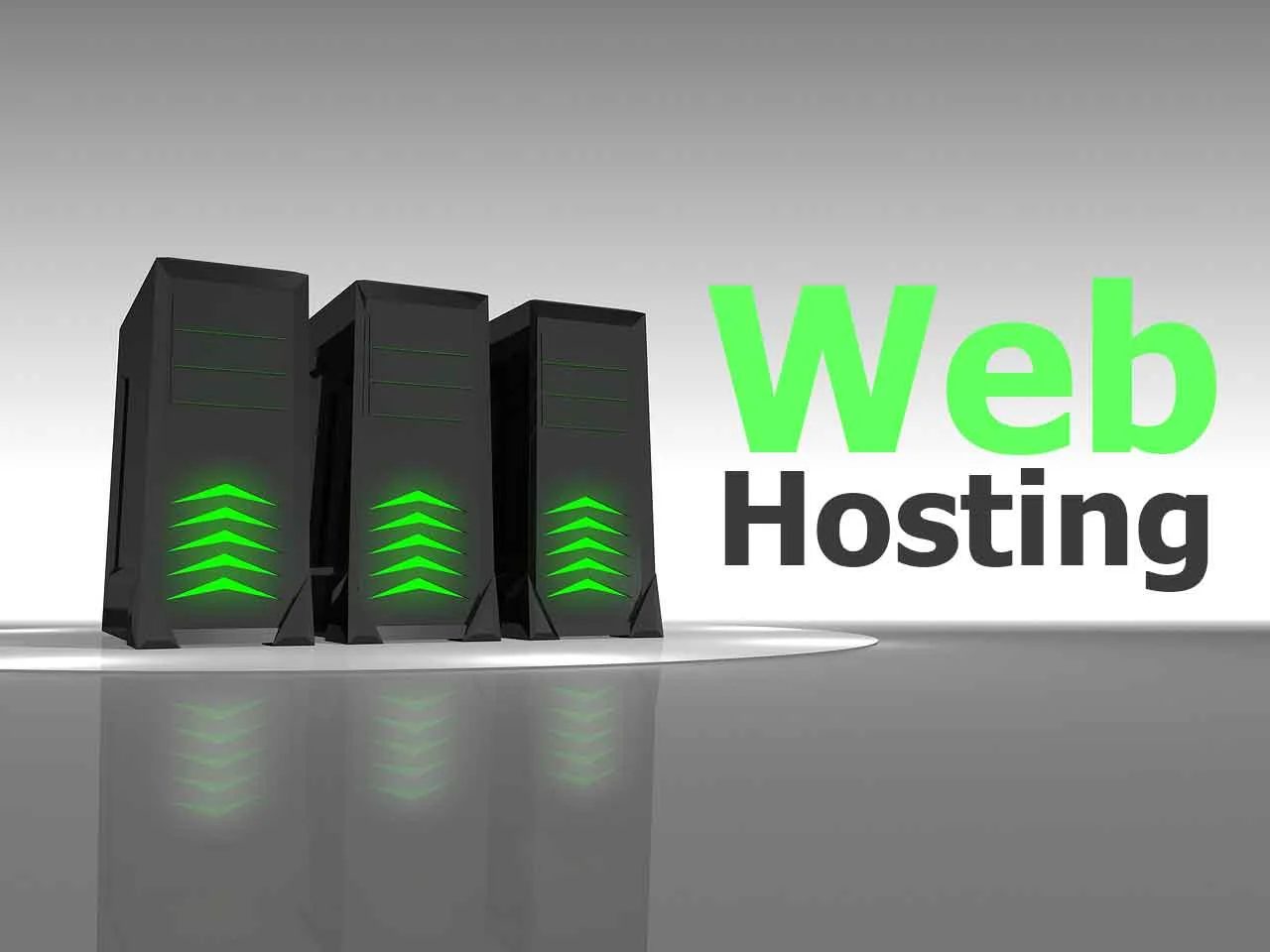
Many website hosts have a set amount of bandwidth. This refers to the amount of data transferred over a certain period – typically a month. If you’ve got high traffic volume, that’s a good sign, but if you don’t have a host with a bandwidth that can accommodate that. You’ll not only risk a slower website speed, but a complete shutdown until your period renews, or you upgrade your plan. If Google paid for bandwidth costs, YouTube alone would cost them billions of dollars a month. Add to it all the other properties they have, and it’s a truly astronomical number.
Choosing a hosting provider is a decision that shouldn’t be made carelessly. No matter how good your website is, a poor choice of web hosting service can come back to bite you.
If you’ve got an e-commerce business, high traffic is an indication that the business is doing well. This is a signal that your conversion rate is high. Keep an eye on your bandwidth and make sure you’re prepared to adjust it accordingly to prevent sluggish performance.
Here are some key points of any web hosting service that can affect your website:
Speed & Performance
Underestimating the impact of long loading times could result in a costly lesson, especially for e-commerce sites. Almost 50% of consumers expect websites to load within two seconds or less, and approximately 40% will bail. If it takes over three seconds. With many leading web hosting solutions, customers are given performance guarantees. That’s because website owners demand reliable performance, so web hosting companies have outfitted their servers with speed enhancers and redundancies to protect against downtime. The hosting provider you choose should take every precaution to ensure maximum uptime and speed. While no web host can guarantee 100 percent, it should offer at least 99 percent, on average.
Security
Hackers are always on the lookout for exploitable vulnerabilities to gain access to both your servers and any valuable data stored there. If you’re hosting provider isn’t on the server security, then you could pay the price for it. A reliable web hosting company will back up your data to a remote server and make it accessible to restore in case your site is hacked.
Customer Support
Hosting providers may claim they offer 24×7 support, but this will not ensure that you will receive fast and expert service. If they’re known for slacking off or long delays to resolve issues, you should take your business elsewhere.
Scalability
As your business grows, your website will tend to attract more traffic. That is why your web hosting provider should be able to upgrade and scale to fit your traffic growth. It should provide you with a variety of plans, designed to suit multiple budgets and sites that demand different resources. If you’re starting on the lowest line, they’ll make sure you have the necessary resources to help your projects run seamlessly. Choosing the right host for your website is crucial and complicated if you don’t have the experience or you are not familiar with and up to date on every web hosting service update that comes out basically every day. Our recommendation is to definitely leave it to the experts and start saving time and money by letting your web development team choose the proper web hosting service for your business.

